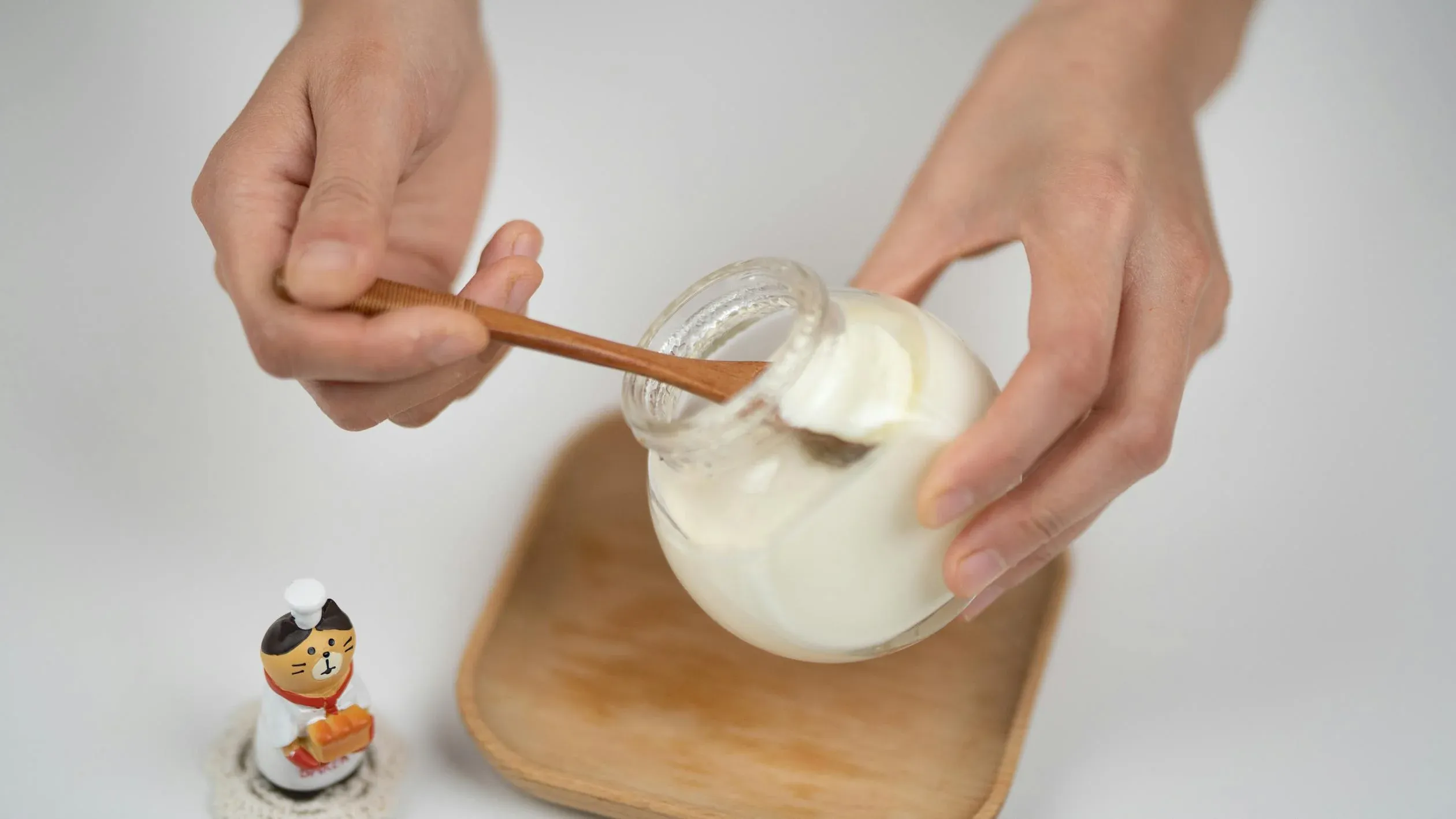Probiotics for Longevity: Unlocking the Secrets of a Healthier, Longer Life
The quest for longevity has always fascinated humanity. While the answers to living a longer, healthier life might seem elusive, science suggests a surprising ally: probiotics. These tiny microorganisms, often referred to as "good bacteria," are more than just digestive helpers. They're key players in promoting overall health and could hold the secrets to extending your lifespan.
What Are Probiotics, and Why Do They Matter?
Probiotics are live bacteria and yeasts that naturally live in your body, primarily in your gut. They work tirelessly to maintain a balanced microbiome, the community of trillions of microorganisms living inside you. Think of your gut as a bustling city where probiotics keep the peace, support digestion, and fend off harmful invaders.
But their role extends far beyond digestion. Probiotics influence nearly every system in your body, from immune function to mental health. Research shows they may also slow ageing and combat age-related conditions, making them a powerful tool for longevity.
The Gut-Longevity Connection
The gut is often called the "second brain" for a good reason. It communicates with your immune system, regulates inflammation, and even produces feel-good hormones like serotonin. When your gut is in balance, these processes run smoothly, supporting overall health. However, as we age, the diversity and abundance of gut bacteria decline, leading to imbalances that can accelerate ageing.
Probiotics step in to restore balance. Studies suggest they can improve gut health by increasing beneficial bacteria, reducing harmful strains, and enhancing the gut barrier. A healthy gut has been linked to a stronger immune system, better nutrient absorption, and reduced inflammation—all crucial factors for longevity.
Probiotics and Age-related Diseases
Aging brings a higher risk of chronic diseases like heart disease, diabetes, and dementia. Here's how probiotics can help combat these conditions:
Heart Health: Probiotics may lower LDL ("bad") cholesterol and blood pressure, reducing the risk of cardiovascular diseases. Certain strains have been shown to break down bile in the gut, preventing it from being reabsorbed and contributing to cholesterol levels.
Brain Health: The gut-brain axis is a communication highway between your gut and brain. Probiotics enhance this connection, potentially improving mood and cognitive function while reducing the risk of neurodegenerative diseases like Alzheimer's.
Metabolic Health: Probiotics can regulate blood sugar levels and improve insulin sensitivity, making them valuable allies in preventing type 2 diabetes.
Immune Function: With ageing comes a decline in immune efficiency, but probiotics can boost the immune response, making the body more resilient against infections and illnesses.
Ageing
Living longer is one thing, but living well is another. Probiotics contribute to healthy ageing by supporting quality of life. They can improve digestion, reduce bloating, and even enhance skin health, giving you that youthful glow from the inside out.
Certain strains, like Lactobacillus and Bifidobacterium, have been shown to reduce markers of inflammation, often called "inflammaging." Chronic, low-grade inflammation is a major contributor to many age-related diseases. By addressing this, probiotics promote healthier ageing at a cellular level.

Adding Probiotics to Your Routine
The good news is that adding probiotics to your daily life is easy—and delicious! Here are some simple ways to include them in your diet:
Fermented Foods: Load up on yogurt, kefir, sauerkraut, kimchi, and miso. These foods are naturally rich in probiotics and make tasty additions to meals.
Probiotic Supplements: If fermented foods aren’t your thing, supplements are a convenient option. Look for ones with multiple strains and high colony-forming units (CFUs).
Prebiotic Pairing: Probiotics need food, too! Prebiotics—found in bananas, onions, garlic, and whole grains—act as fuel for your gut bacteria, ensuring they thrive.
Things to Keep in Mind
Not all probiotics are created equal. The effectiveness of a probiotic depends on its strain and purpose. For example, Lactobacillus acidophilus is excellent for digestion, while Bifidobacterium longum is great for boosting immunity. Consulting a healthcare provider can help you choose the right probiotic for your needs.
Additionally, remember that probiotics aren’t a magic bullet. They work best when combined with other healthy lifestyle habits like a balanced diet, regular exercise, and stress management.
Incorporating probiotics into your routine is a small yet powerful step toward longevity. They support a healthy gut, protect against age-related diseases, and promote a vibrant, active life. While they may not hold the fountain of youth, they’re undoubtedly a key ingredient in the recipe for a longer, healthier, and happier existence.
So, why not start today? Whether it’s a spoonful of yoghurt at breakfast or a probiotic supplement with dinner, your future self will thank you for the gift of wellness and longevity.







Comments